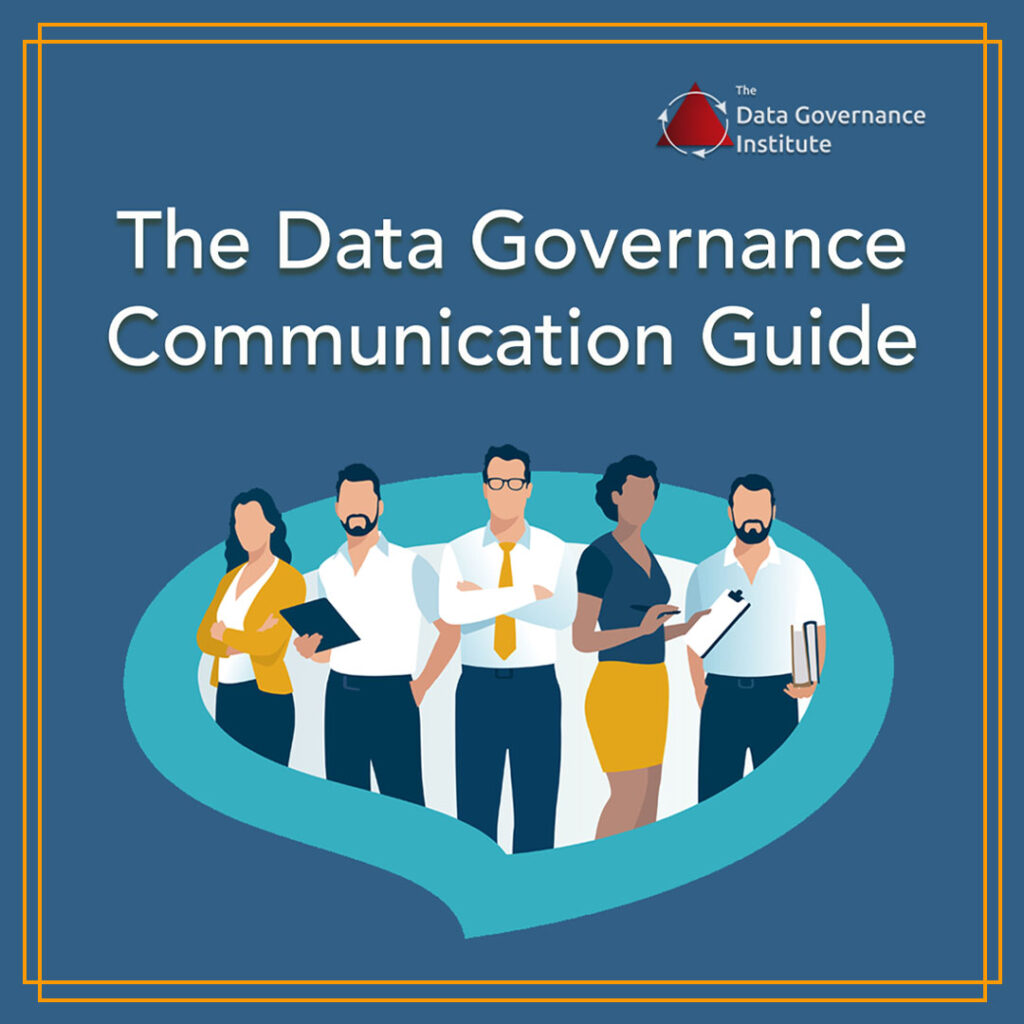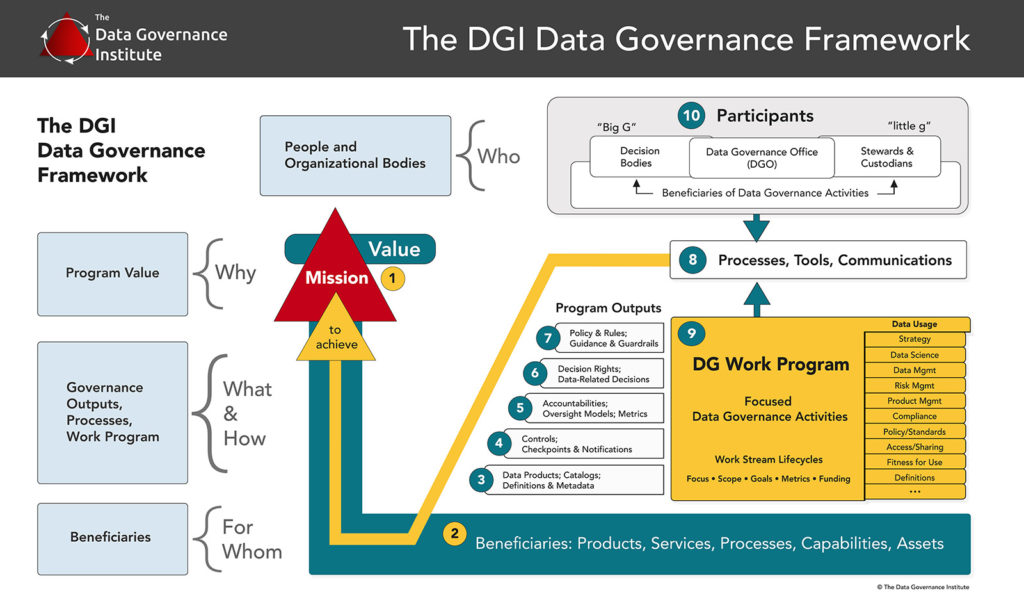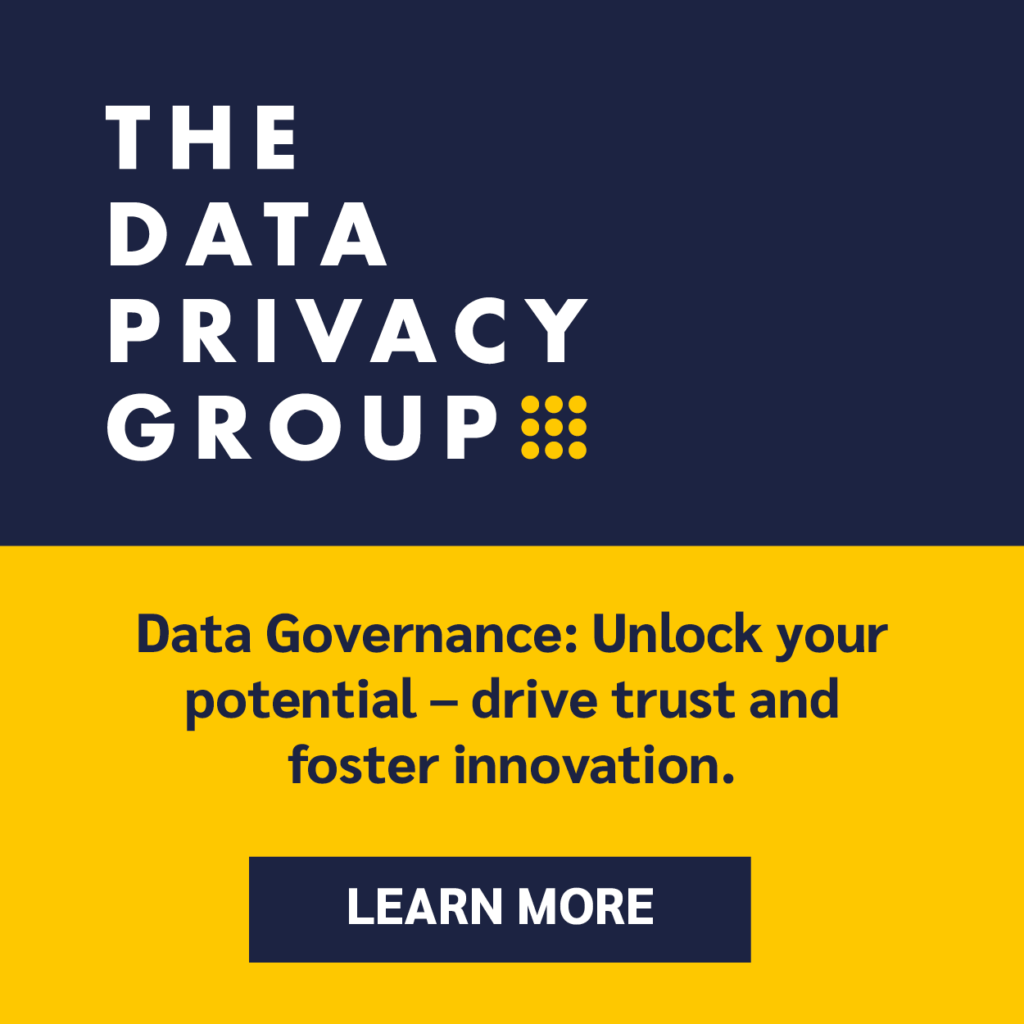This type of program typically comes into existence when managers find it difficult to make “routine” data-related management decisions because of their potential effect on operations or compliance efforts.

Managers may realize they need to come together to make collaborative decisions but either don’t know all the stakeholders to involve or have an obstacle to assembling them. In such cases, a formal Data Governance program can help managers make decisions with confidence.
Sometimes such programs consist primarily of councils that come together to analyze interdependencies, make decisions, and issue policies. These councils may combine Data Governance decisions with traditional IT Governance – or IT Portfolio Management – decisions.
Other times, the Data Governance program will have multiple focuses, such as supporting management and also addressing compliance or security.
A charter for this type of program may hold Data Governance and Stewardship participants accountable to:
- Measure the value of data and data-related efforts.
- Align frameworks and initiatives
- Identify stakeholders, establish decision rights, clarify accountabilities
- Identify SDLC embedded governance steps and loop-outs for projects
- Monitor and report on data-related projects
- Promote data-related messages and positions




